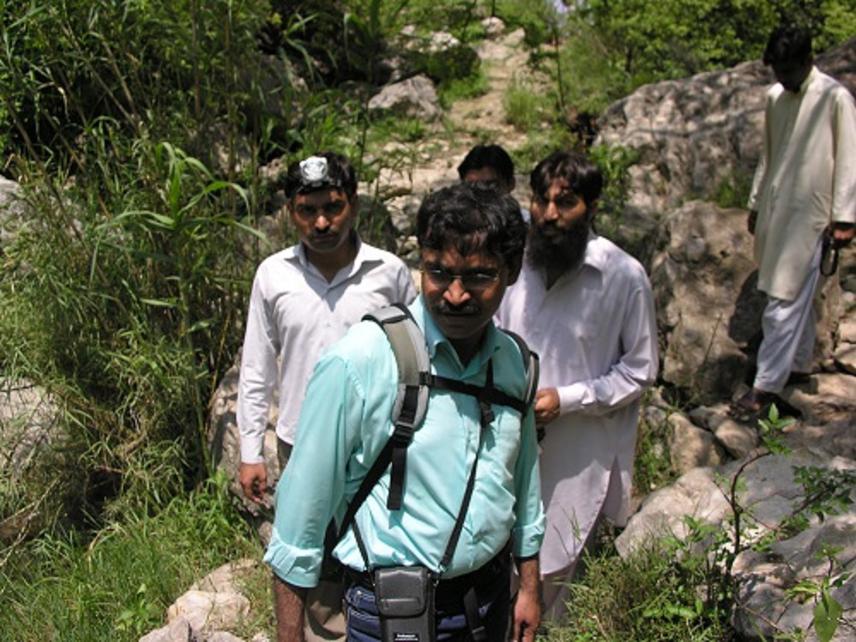Muhammad Mahmood-ul-Hassan
Other projects
31 Jul 2009
An Assessment of the Diversity and Creation of Bat Conservation Awareness at Margalla Hills National Park
This project aims to explore bat fauna of the Punjab (Pakistan), train post-graduate students and faculty to study bats and create awareness among youngsters about the importance of bats around them.

Bats comprise more than one fourth of the known mammal species of Pakistan. Although eight bat families are reported to exist, the exact number of chiropteran taxa occurring within the country is uncertain. Information on many species is based only on museum or literature surveys, with no recent population or distributional information. The chiropteran biodiversity of the country is however comparable to any other region of the world with similar climatic conditions. According to the 2002 South Asian Bat CAMP report, 37 of the 54 bats species of Pakistan are data deficient. The country is also the home of five globally Near Threatened and two vulnerable bat species.
Public perceptions about bats are negative. Human-fruit bat conflict in some parts of country is severe. The fruit bats are ruthlessly killed on the assumption for poaching ripe fruits from the orchards. They are also killed on account of widespread negative myths about them. Some people believe that the bats bite their children sleeping outdoor at night. Currently none of the bat species in Pakistan is legally protected.
Bats are rarely considered in either environmental policies or educational projects in Pakistan. As a result, the country is unable to meet its commitment to the Convention on Biological Diversity (CBD), of which it is a signatory. Since, there has been no long term field study on any bat species in Pakistan; the proposed project provides baseline information on the current status and distribution of poorly known bat fauna of the Punjab (Pakistan). Policies governing the management of biodiversity in Pakistan are in place. However, the paucity of scientific information on bats and the lack of trained staff in wildlife science are the main impediments for effective conservation. The proposed project covers both these aspects. Capacity building of the individuals by providing equal opportunities to the female post-graduate students will be the core focus of this project. The proposed project trains future leaders of bat science in Pakistan who will be able (i) to conserve poorly known bat species and their habitats, and (ii) resolve issue related to human-fruit bats conflict agricultural areas of the country.